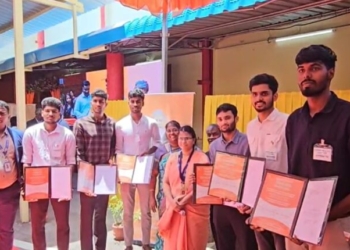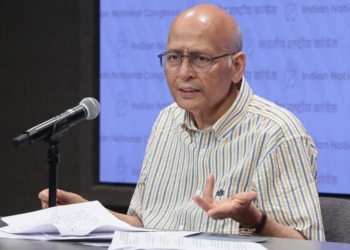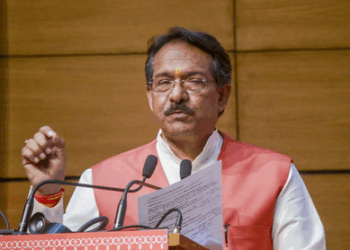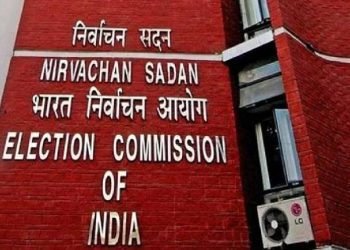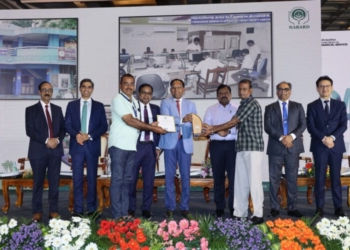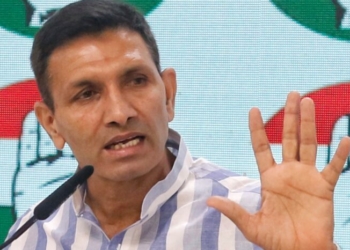New Delhi: The Supreme Court on Tuesday issued notice on a plea by Congress leader seeking to declare Section 50 and Section 63 of the Prevention of Money Laundering Act, 2002 as ultra vires the Constitution.
Section 50 gives Enforcement Directorate (ED) power to summon an accused and record a statement, which is admissible evidence in court of law.
Senior advocate Kapil Sibal, representing petitioner Govind Singh, a Congress MLA in Madhya Pradesh, submitted that plea challenges Sections 50 and 63 of the PMLA, and the matter is regarding an ECIR in which the person would not even know in what capacity he is being called. The plea also challenged the Enforcement Directorate’s (ED) summons issued to Singh.
A bench of Justices Sanjay Kishan Kaul, Ahsanuddin Amanullah, and Aravind Kumar issued notice to the Union of India and the ED on the plea and scheduled it for further hearing after six weeks.
The plea, filed through advocate Sumeer Sodhi, said: “Primarily the challenge is based upon the premise that the provisions of the PMLA allowing an officer of the Directorate of Enforcement to summon any person to record his statement under Section 50 of the act and requiring that person to speak truth in such statements is violative of Article 20(3) and 21 of the Constitution.”
The plea contended that the petitioner is conscious of the recent judgment of the apex court whereby a challenge to vires of Section 50 of the PMLA has been turned down in the case of Vijay Madanlal Choudhary & Ors. v. Union of India & Ors.
“However, the petitioner being an informed citizen of this country has certain grounds to urge as to why the said judgment in Vijay Madanlal (supra) deserves to be held as per incuriam and the issues raised in the present petition deserve to be settled by a larger constitutional bench in terms of Article 145(3) of the Constitution,” the plea added.
The plea argued that Section 50 is in direct contravention to the fundamental right against self-incrimination enshrined under Article 20(3) of the Constitution.
The plea said: “Petitioner has not been supplied with a copy of the ECIR, nor have any details of the same been provided to the petitioner, therefore, the petitioner herein is completely unaware of the scope of investigation, or the allegations being investigated in relation to which the Petitioner is being called upon by the Respondent No.2 (ED).”
The plea said the non-disclosure of the ECIR or the remit of the ED’s investigation would enable a roving and fishing inquiry, which is impermissible in law.
“Not informing the person being summoned as to in which capacity he is being summoned is violative of the fundamental rights and scheme of the Code of Criminal Procedure, 1973. Every criminal statute must satisfy the test of fair play. There is no procedure in criminal jurisprudence that allows for summoning a person without informing him as to the capacity in which he/she is being summoned,” added the plea.
The petitioner also sought quashing of summons issued against him under Section of PMLA.
On August 25 last year, the Supreme Court had agreed to review its July 27, 2022, PMLA judgment, which upheld the Enforcement Directorate’s powers in connection with attachment of property involved in money laundering, arrest, search and seizure under the Prevention of Money Laundering Act.
A bench headed by then Chief Justice N.V. Ramana said there are two main concerns — non-providing of ECIR to accused at the time of arrest and negation of presumption of innocence. The top court issued notice to the central government on the review petition filed by Congress MP Karti Chidambaram.
(IANS)




